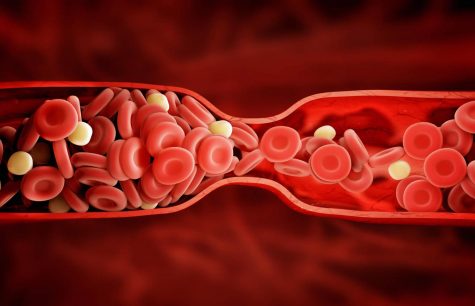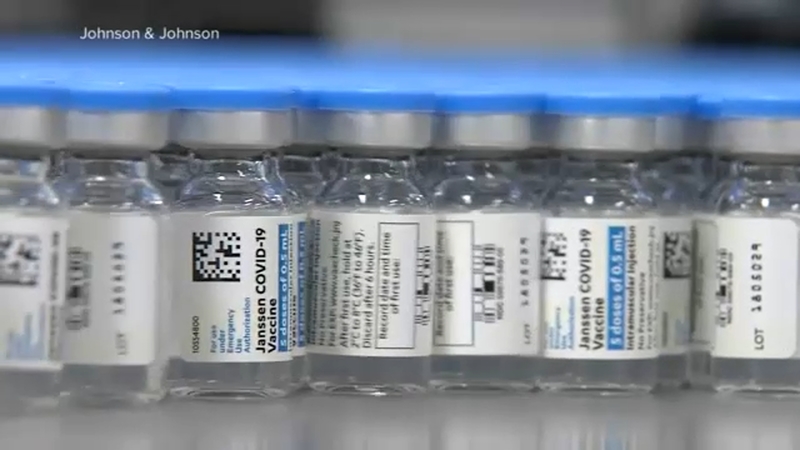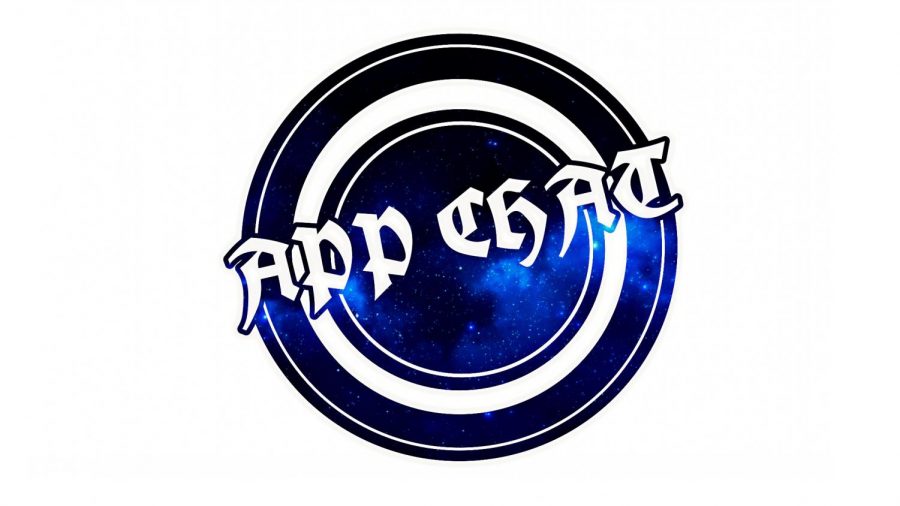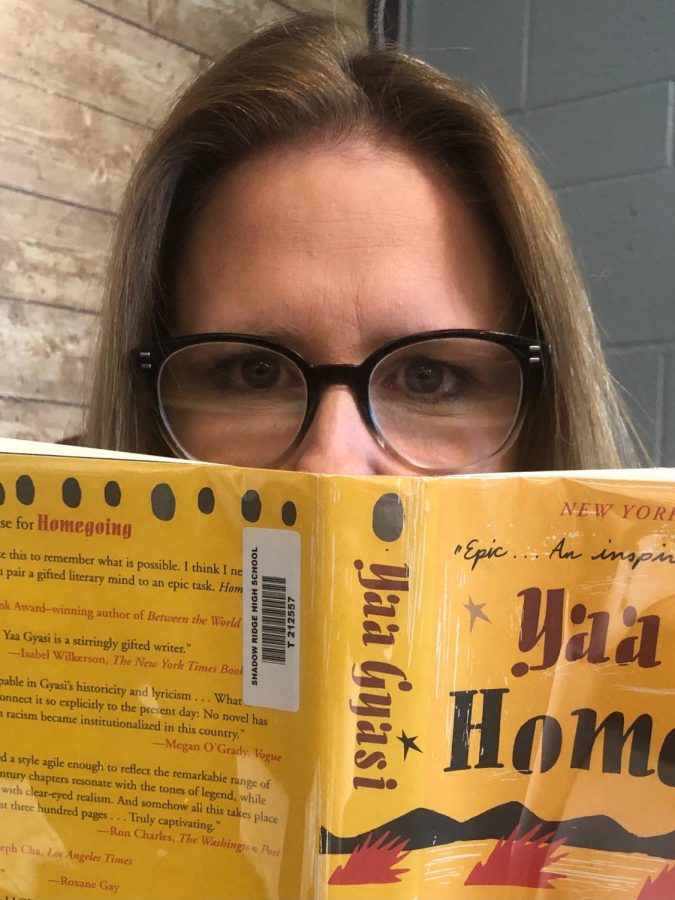Distribution of the Johnson & Johnson Vaccine Paused
Photo Courtesy of: Google Images
Johnson and Johnson vaccine
April 20, 2021
The FDA paused the distribution of the Janssen (Johnson & Johnson) vaccine because of 8 reports of blood clots, one of which had a fatal outcome. The small number of cases have been women between the ages of 18 to 48 occurring around 13 days after taking the vaccine. No reports of these rare blood clot cases have been matched to the Pfizer or Moderna vaccine.
“I think that this should reassure people about our dedication to safety because the monitoring systems that we have work,” US Assistant Secretary for Health Dr. Rachel Levine stated.
The use of the vaccine is paused to ensure the safety of it, and every health issue is monitored heavily through the federal government. People who have taken the Johnson and Johnson vaccine are at low risk of blood clots but should look out for symptoms that include severe headache, backache, new neurological symptoms, severe abdominal pain, shortness of breath, leg swelling, tiny red dots on the skin, and new or easy bruising. The vaccine poses a risk for blood clots up the 3 weeks of taking it, and risk potential decreases with time. The cases were caught early and are under investigation. Citizens scheduled to take the Janssen vaccine should talk to a vaccine provider to reschedule for a different one for potential risk.

“The reported combination of blood clots and low blood platelets is very rare, and the overall benefits of COVID-19 Vaccine Janssen in preventing COVID-19 outweigh the risks of side effects,” the European Medicines Agency (EMA) said in a statement.
This is not the first COVID-19 vaccine linked to blood clots, the AstraZeneca (not authorized in the U.S.) have had the same reports. Scientists are studying both vaccines to see if they’re connected, both vaccines are viral vectors, unlike Pfizer and Moderna that use mRNA.
“It’s hard to say if it’s the same problem,” said Dr. Richard Kuhn, Ph.D., a virology expert at Purdue University, “but it does seem the vaccine triggers an antibody response that activates platelets, leading to clots.”
The Janssen vaccine has been very beneficial towards getting the vaccine out to underserved communities. The risk of blood clots is very low but the causes are currently being investigated for the safety of citizens. Vaccines are still proven to prevent COVID-19 and it is still recommended that people get vaccinated. People who have already received the Janssen vaccine are at low risk but should still lookout for symptoms.








